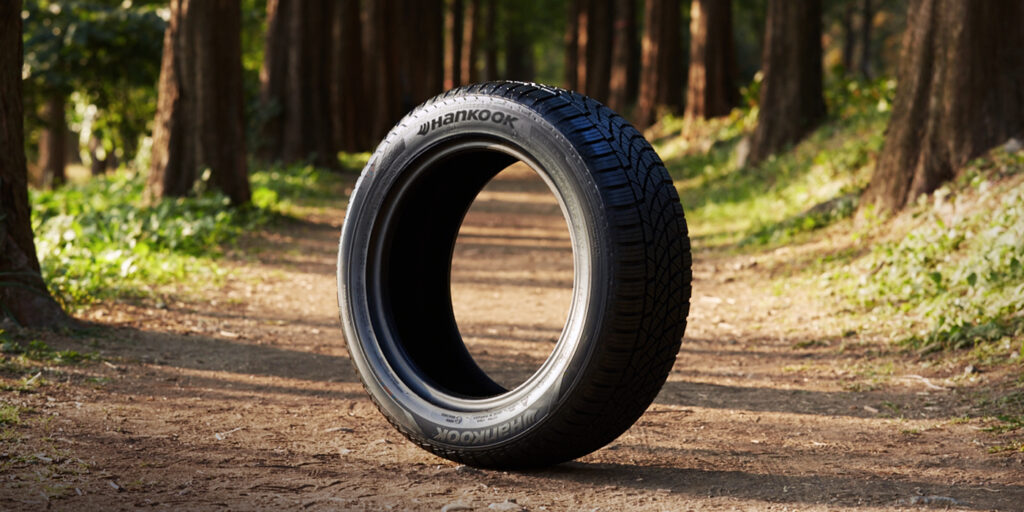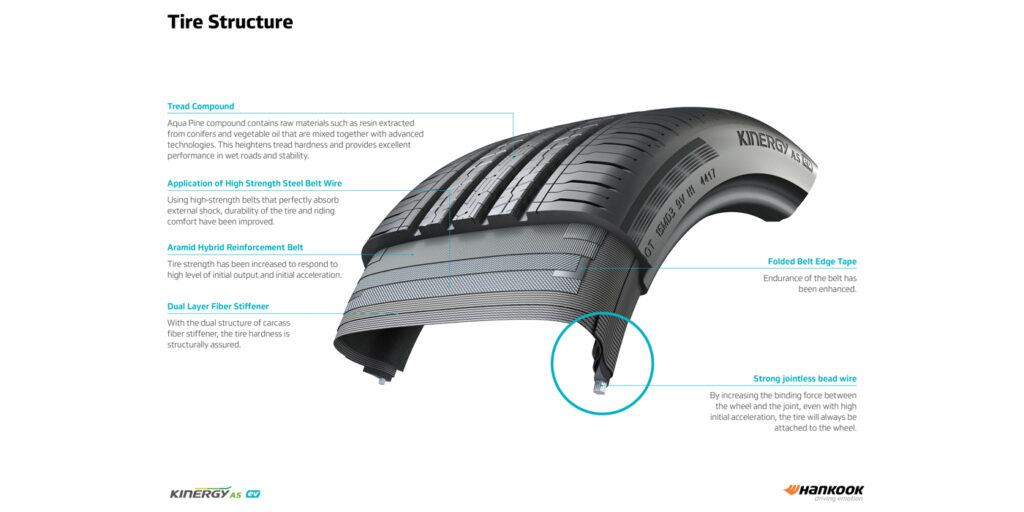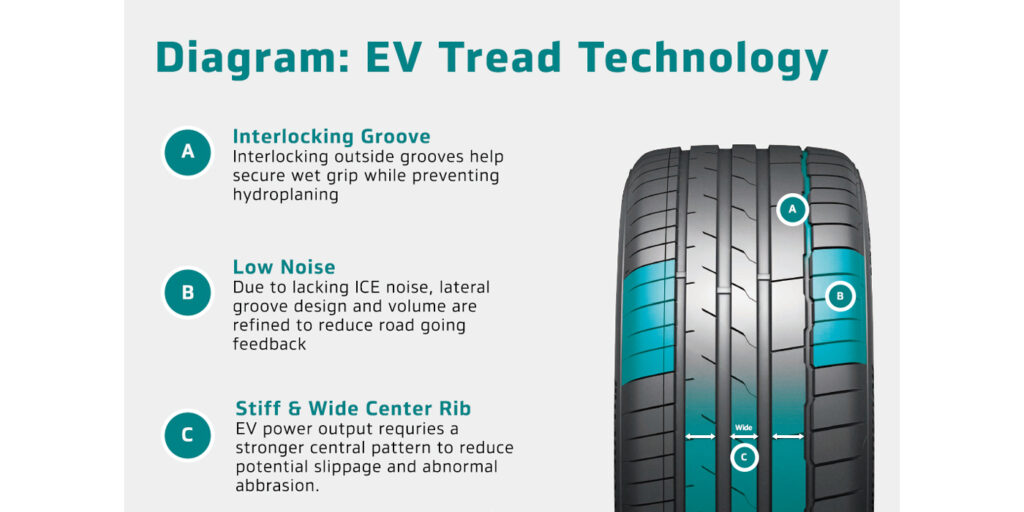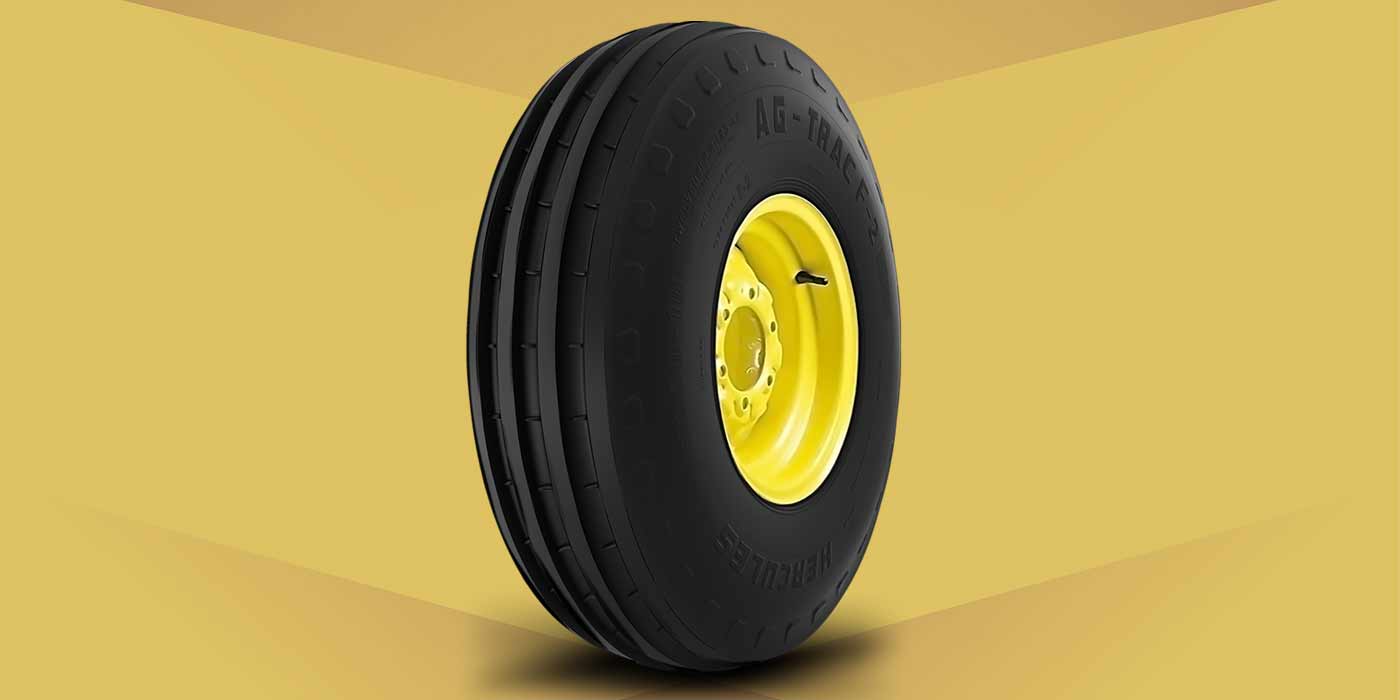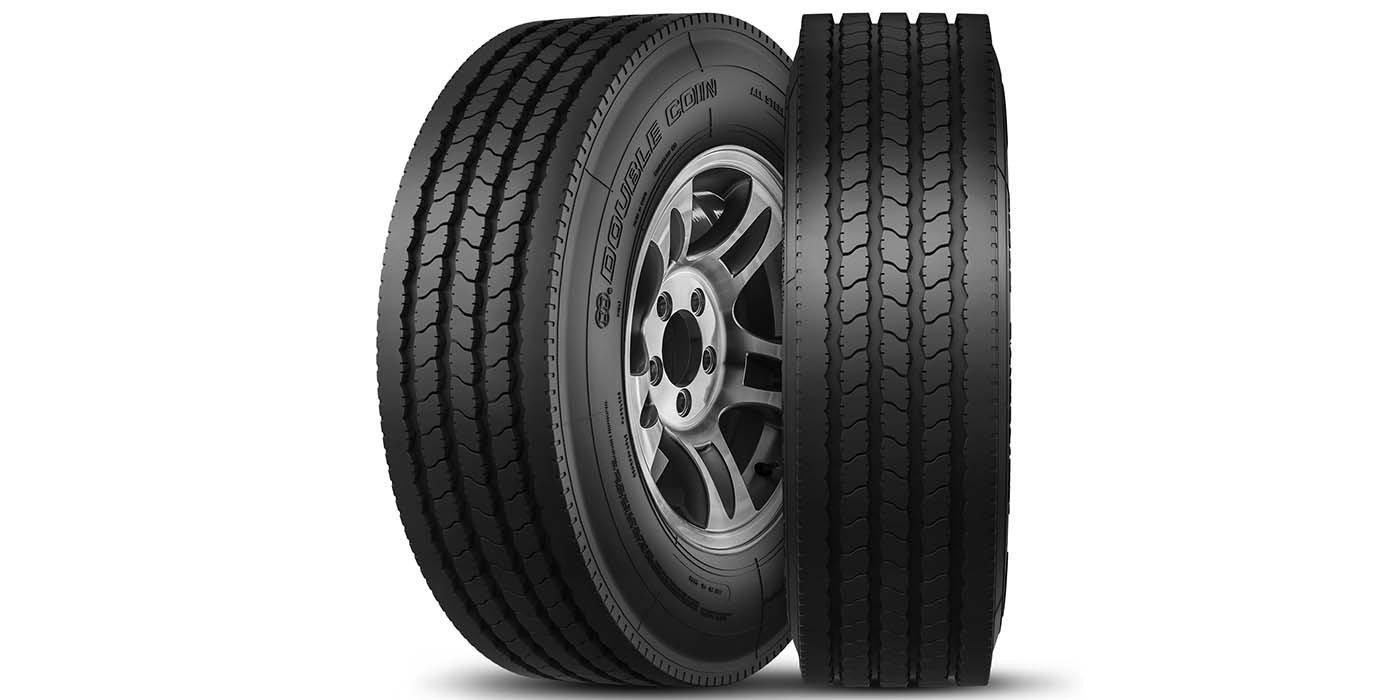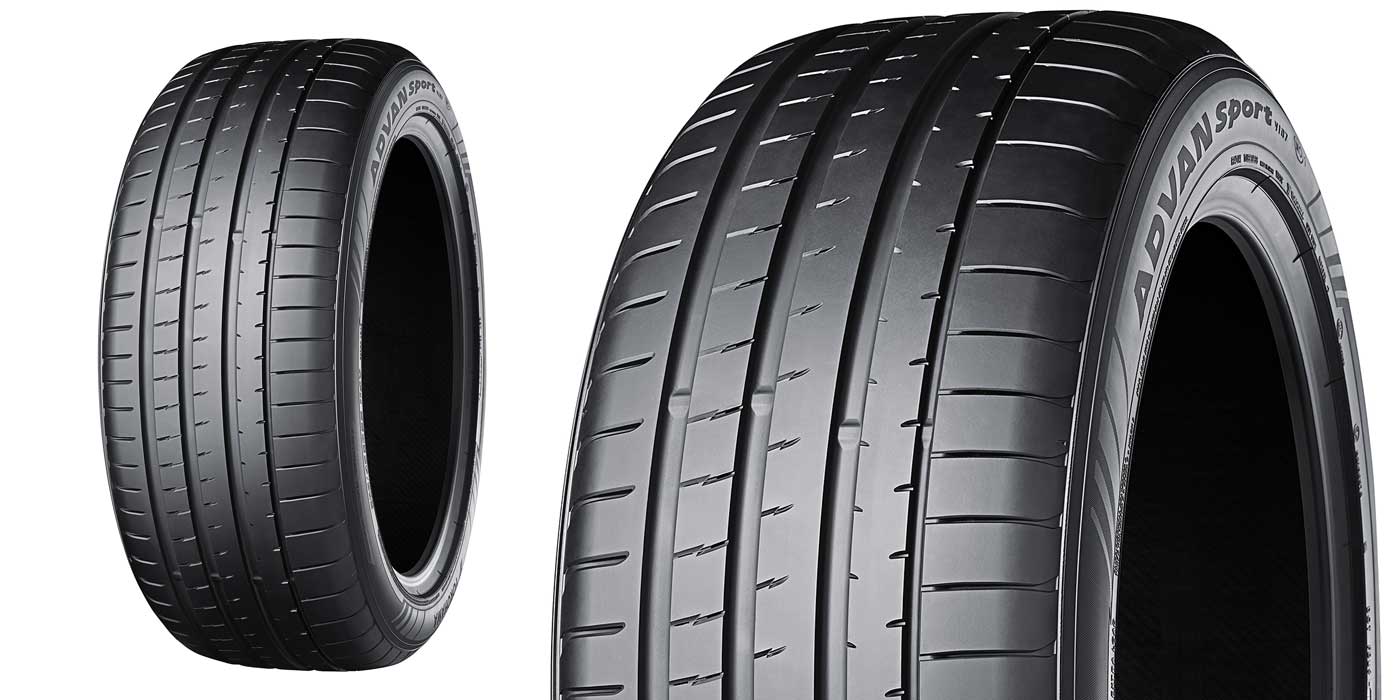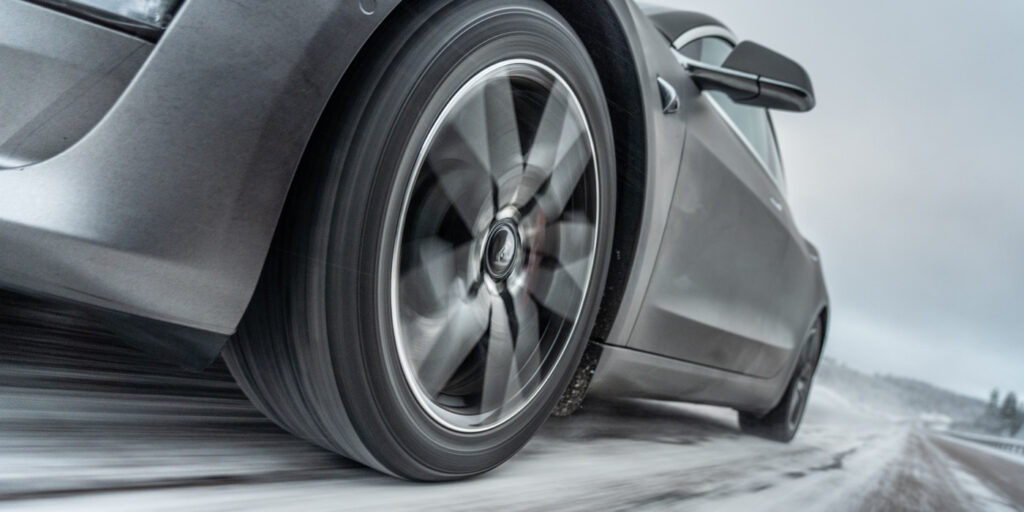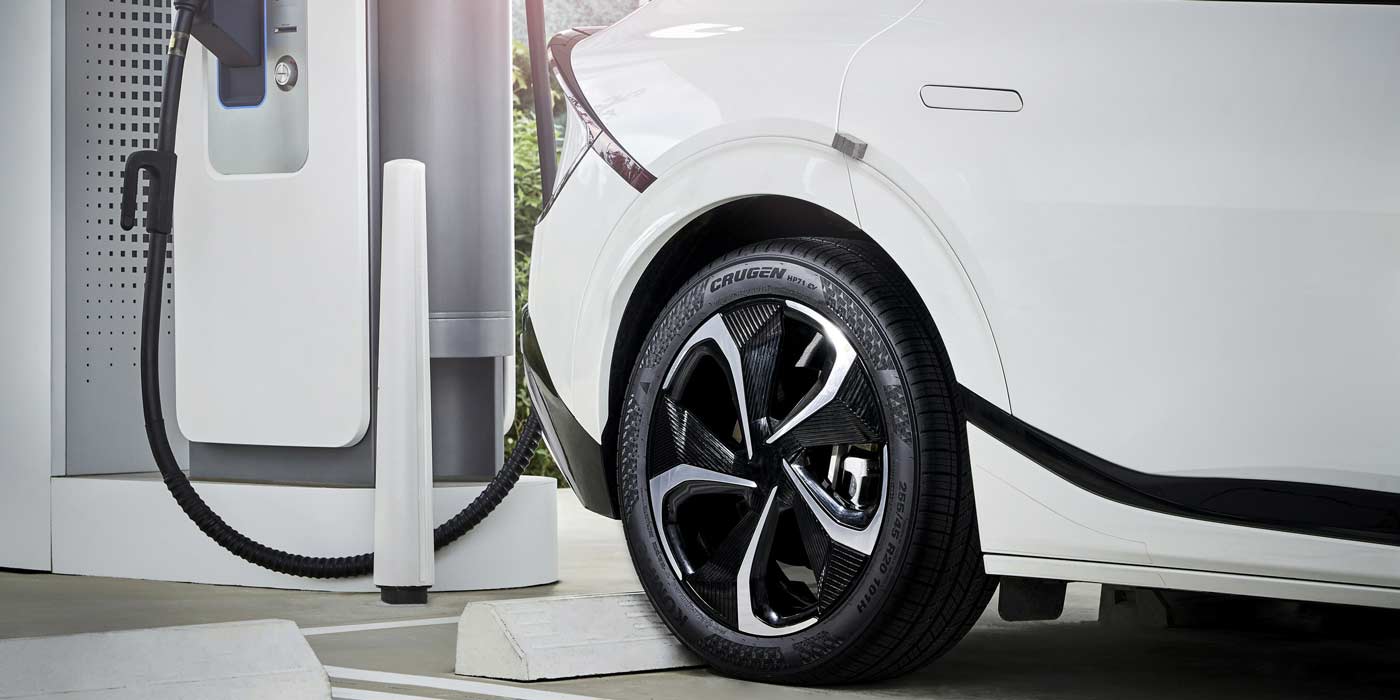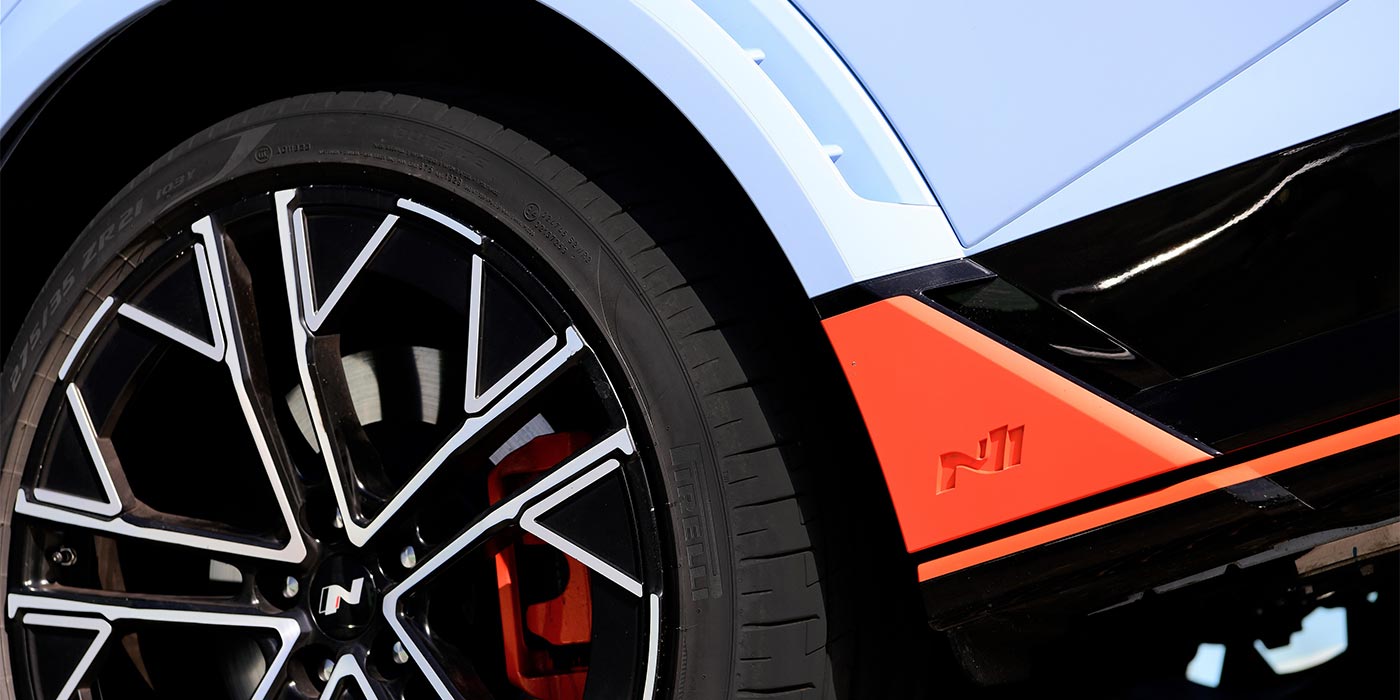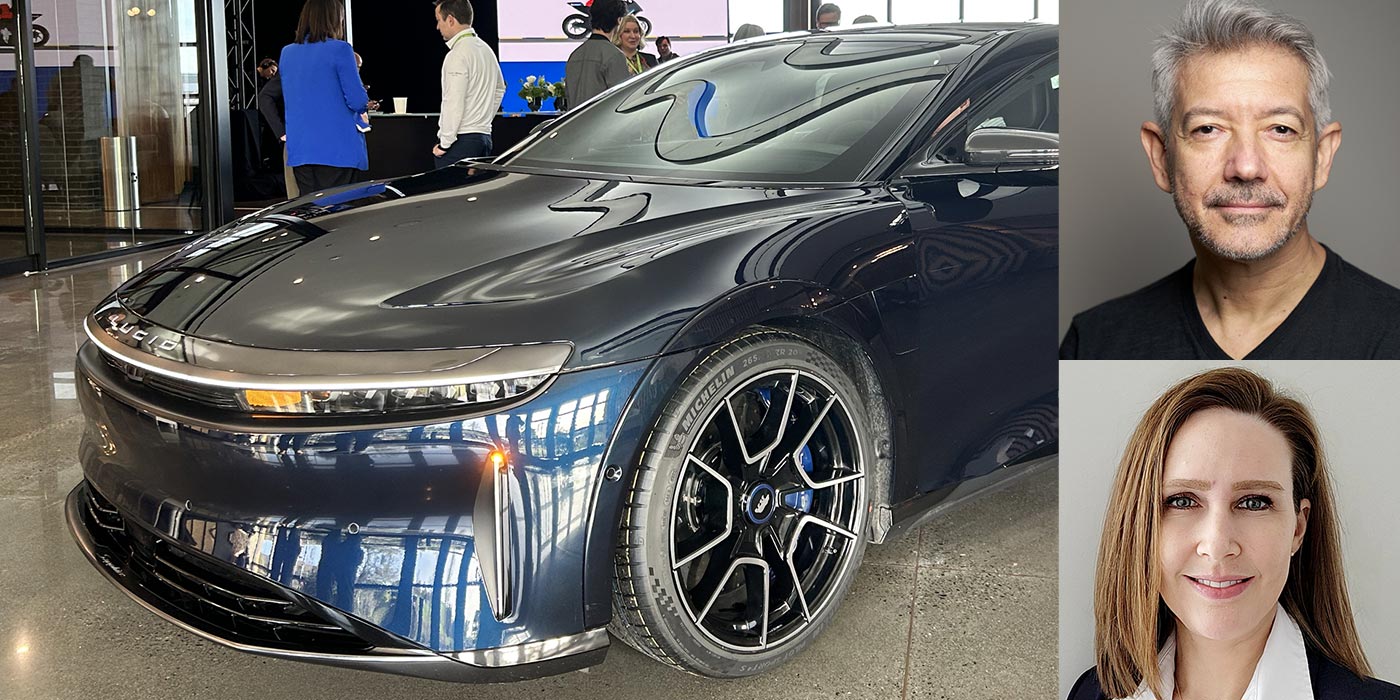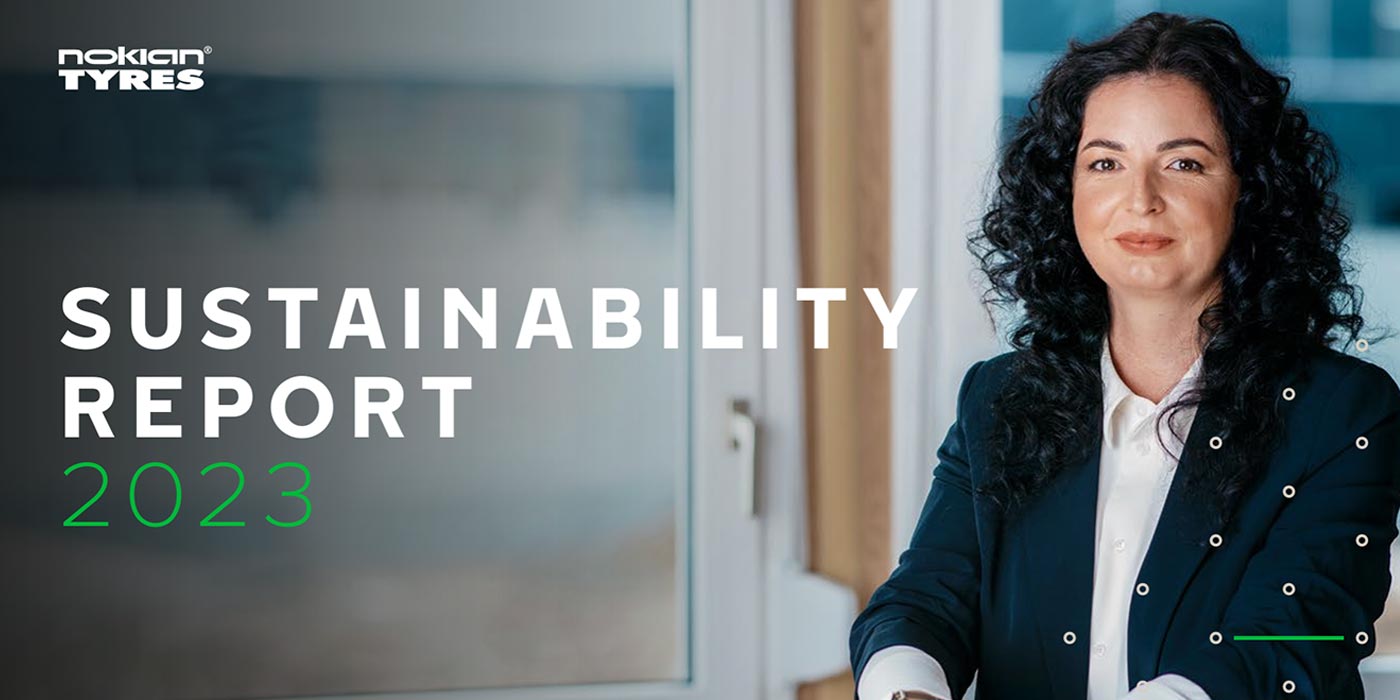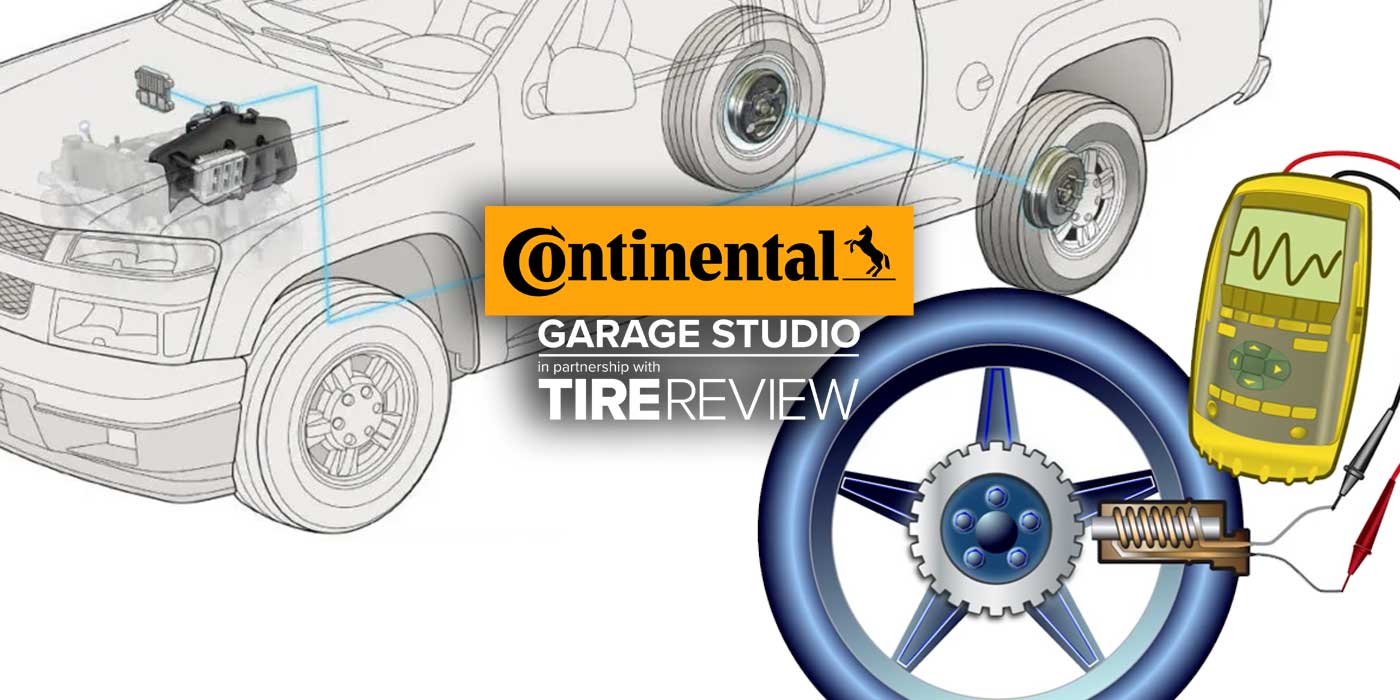With the adoption of the Paris Agreement in 2016, the international community jointly agreed to reduce greenhouse gas emissions to limit global warming. Through this accord, the world is accelerating toward a carbon-neutral society and economy, and a new international economic order is on its way. This global decarbonization movement is expected to be driven not because of market demand, but through enforcement of government laws or regulations led by developed countries such as those in the European Union and North America.
However, the automobile industry is already facing pressure to go carbon neutral, and, as a result, parts suppliers are developing technology to reduce their environmental impact. The tire industry, in particular, is pushing to establish sustainability strategies, based on environmental, social and governance (ESG) management. Among those companies announcing their current status and promoting implementation plans, Hankook Tire is developing and securing the technology to make 55% of materials sustainable by 2025, and 100% of materials sustainable by 2045, to reduce its carbon footprint and strive for a future with more sustainable mobility options.
Enhancing Rubber Sustainability
It takes a lot of effort to transform raw materials into those that are sustainable. The tire industry consumes around 70% of the world’s natural rubber and, among those, around 85% is produced by small farmers. Therefore, enhancing the sustainability of the natural rubber supply chain is crucial to the development of the tire industry. As a result, the GPSNR (Global Platform for Sustainable Natural Rubber) established a platform in 2018 to define sustainability for the natural rubber value chain to ensure its economic, social and environmental sustainability. In addition, studies are actively underway to search for alternative sources of natural rubber such as guayule and Russian dandelion to prepare for the possibility when rubber trees, concentrated in Southeast Asia, can no longer be produced at present levels due to climate change or natural disaster.
Since natural rubber is nationally a core raw material, mass production and genetic engineering for robust insect resistance have been undertaken by the national government. Research is being actively conducted on commercialization through government projects involving private companies, universities and research institutes. Synthetic rubber, which accounts for approximately 20-30% of tires, is made from monomers derived from petroleum oil, so it needs to be replaced with sustainable raw materials to curb the consumption of natural resources.
Accordingly, some manufacturers have begun using raw materials that are extracted from bio-extraction and waste plastic that would constitute a new business model. Reinforcing fillers, which are sand-based silica and petroleum oil-based carbon black, are also major raw materials that increase tire stiffness. The commercialization of technology is also being used to make silica filler with discarded rice husks during rice processing as a way to replace existing sand based-silica. Using discarded byproducts can prevent the depletion of natural resources and contribute to carbon neutrality since CO2 is absorbed during rice production. Carbon black can be replaced in part by new fillers based on lignin and cellulose extracted from wood or recycled carbon made from thermal decomposition of discarded tires. Moreover, textiles are expected to be efficiently utilized as technologies are being developed to replace existing petroleum-based synthetic materials with bio-based materials or recycled waste PET plastic.
Industry-wide Changes
As we all look toward a more sustainable future, electric vehicles (EVs) and the tires on which they ride will be a big part of that change. With the adoption of EVs continuing to grow every year and predicted to become about 24% of total sales by 2030, the tire industry should be focused on providing the best EV tires to continue to support this shift to a more sustainable future of mobility. EV manufacturers build their vehicles using EV-specific tires, so when it comes time for replacement, EV owners should replace them with new EV tires—either the OE tire or another EV tire that meets the vehicle’s requirements. To further encourage this increase in EVs, dealers also need to make it easy for EV owners to shop for and purchase the right tires for their vehicles.
Electric Vehicles: 5 Ways EV Tires Differ from Regular Tires
How Dealers Can Support the Shift to EVs
As EVs become increasingly widespread, dealerships need to make sure that they have adequate EV tire inventory in stock to serve the needs of EV customers. Dealers also need to train their employees to ensure that they are acutely aware of the differences between EV and non-EV tires, and that they can properly advise EV customers of their vehicle’s specific tire requirements and make a confident tire recommendation.
Because EVs are much heavier than ICE vehicles due to the weight of the battery, they require a tire with higher load-bearing capabilities. Additionally, in order to preserve the battery life, EV tires have a lower rolling resistance than non-EV tires as well as stronger traction to handle the EV’s strong initial acceleration. And, finally, EV tires are designed to produce much lower road noise that complements the EV’s quiet ride due to its lack of engine noise. While EVs can drive on non-EV tires, dealers should always recommend that EV owners purchase EV tires as they are tailor-made to support the unique specifications of EVs—and doing so will also help maximize the vehicle’s battery life, performance and comfort.
Furthermore, as we look ahead to a not-so-distant future of autonomous vehicles, EV tires will become even more essential. While EV tires will continue to be engineered to match the evolution of vehicles, now is the time for tire manufacturers and dealers to master the creation, marketing and sales of the currently available EV tires so that when the roads do become fully autonomous, the industry will be prepared to fully support this sustainable shift in mobility.
Even though it may seem like reducing the consumption of natural resources and using renewable energy does not have much impact on our lives today, it is time for us to take action. It is now up to all of us to work together to create a more sustainable future.

